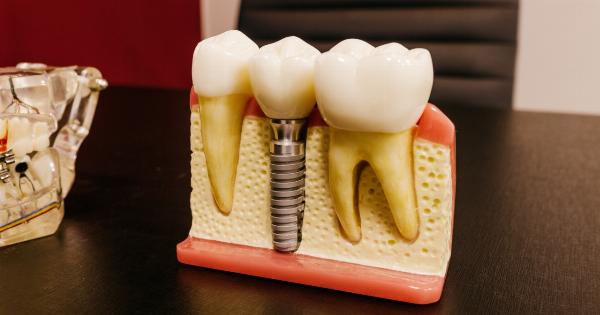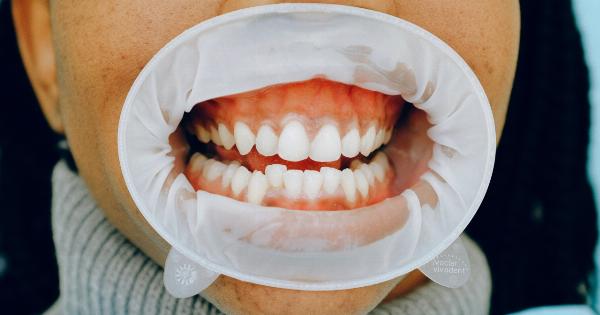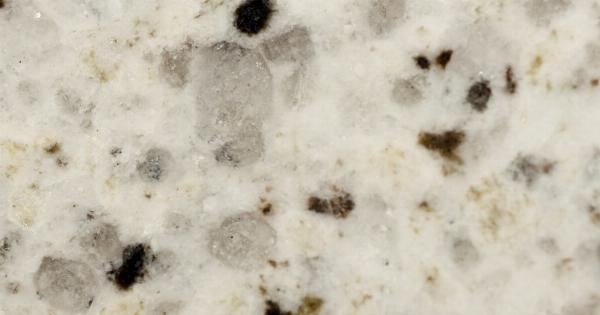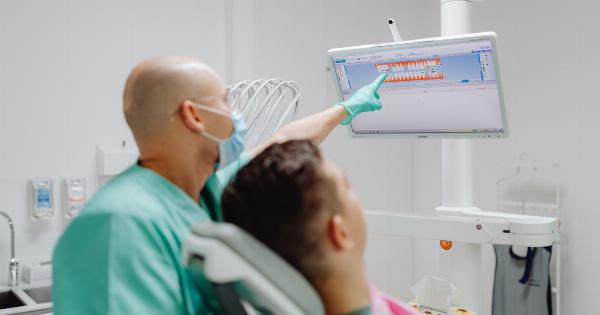Welcome to our comprehensive guide on aphthae, a common condition characterized by the presence of painful ulcers in the oral mucosa.
These small, round or oval-shaped sores can occur anywhere inside the mouth, including the lips, tongue, gums, and cheeks. In this article, we will delve into the causes, symptoms, and potential treatment options for aphthae.
What Are the Causes of Aphthae?
The exact cause of aphthae is not yet fully understood, but several factors are believed to contribute to the development of these oral ulcers. Here are some common causes:.
- Minor injuries: Accidentally biting your lip, brushing your teeth too vigorously, or using a stiff-bristled toothbrush can cause small injuries that may lead to aphthae.
- Oral hygiene: Poor oral hygiene can create an environment that promotes the growth of bacteria and irritates the oral mucosa, increasing the risk of aphthae.
- Stress: Emotional stress or anxiety can weaken the immune system, making individuals more susceptible to recurrent aphthae episodes.
- Nutritional deficiencies: A lack of essential vitamins and minerals, such as vitamin B12, iron, and folate, can contribute to the development of aphthae.
- Hormonal changes: Some individuals may experience aphthae outbreaks during hormonal fluctuations, such as during menstruation or pregnancy.
- Food sensitivities: Certain foods, such as chocolate, coffee, nuts, cheese, or citrus fruits, can trigger aphthae in susceptible individuals.
What Are the Symptoms of Aphthae?
Aphthae is typically characterized by the following symptoms:.
- Painful sores: Aphthae lesions are usually painful and can make it uncomfortable to eat, drink, or speak.
- Round or oval shape: The ulcers are usually round or oval-shaped, with a white or yellowish-gray center surrounded by a red halo.
- Small size: Aphthae lesions are usually small, measuring 1-10mm in diameter. However, larger aphthae can also occur.
- Recurrent episodes: Many individuals with aphthae experience recurrent outbreaks, with each episode lasting about 7-10 days.
- Localized inflammation: The area around the ulcers may appear inflamed and swollen.
- Mild fever: Some individuals may experience a mild fever during an aphthae outbreak.
How Is Aphthae Treated?
While there is no definitive cure for aphthae, several treatment options are available to alleviate symptoms and promote healing. These include:.
- Topical gels or ointments: Over-the-counter or prescription gels containing anti-inflammatory or anesthetic properties can help reduce pain and inflammation.
- Mouth rinses: Antimicrobial mouth rinses can help cleanse the ulcers and prevent secondary infections.
- Corticosteroids: In severe cases or when aphthae fail to respond to other treatments, corticosteroids may be prescribed to reduce inflammation and promote healing.
- Dietary changes: Avoiding trigger foods and maintaining a healthy, balanced diet rich in vitamins and minerals can help prevent recurrent aphthae outbreaks.
- Stress management: Practicing stress-reduction techniques, such as meditation, exercise, or counseling, may help reduce the frequency of aphthae episodes.
It is important to note that if you experience severe or persistent aphthae outbreaks, it is recommended to consult a healthcare professional for proper diagnosis and treatment.
Aphthae Prevention Tips
To reduce the likelihood of developing aphthae, consider implementing the following preventive measures:.
- Maintain good oral hygiene by brushing your teeth twice a day, flossing regularly, and using a soft-bristled toothbrush.
- Avoid irritating or injuring the oral mucosa by being mindful of your eating habits and dental care practices.
- Identify and avoid trigger foods that may contribute to aphthae outbreaks.
- Manage stress levels through relaxation techniques, exercise, and seeking emotional support.
- Eat a nutrient-rich diet that includes foods high in vitamins B12, iron, and folate.
By incorporating these preventive measures into your daily routine, you can minimize the likelihood of experiencing aphthae episodes.





























